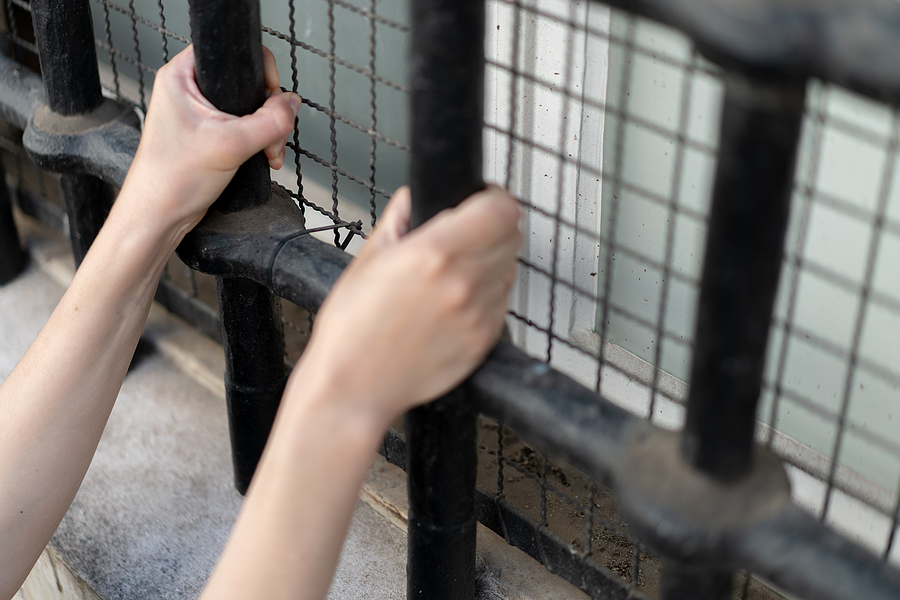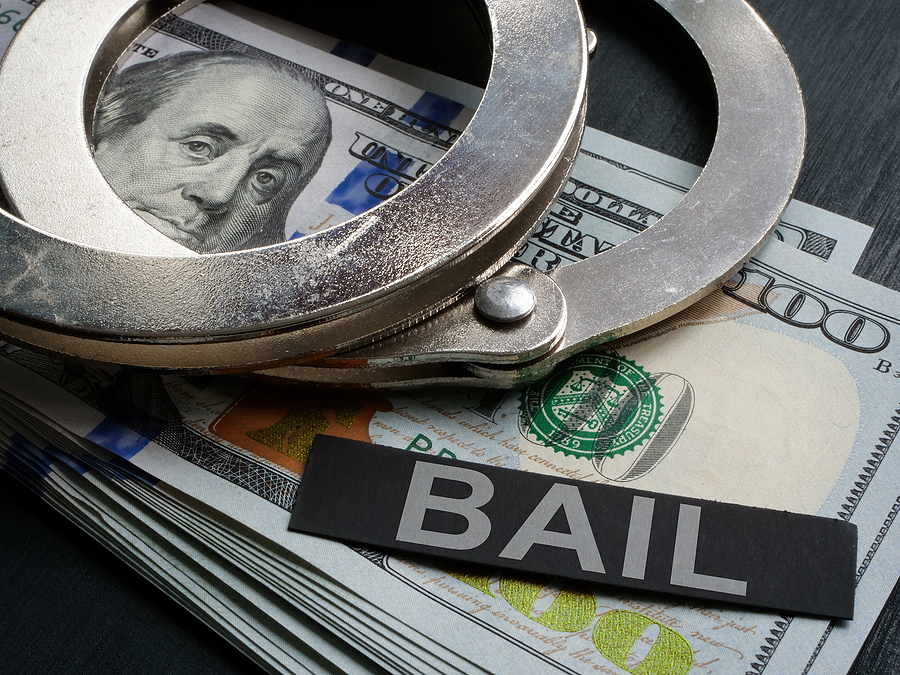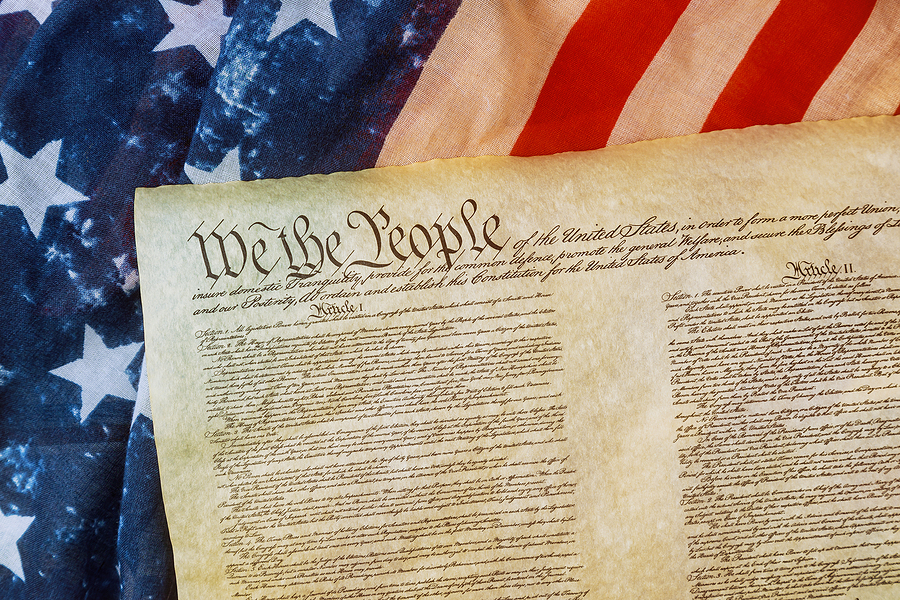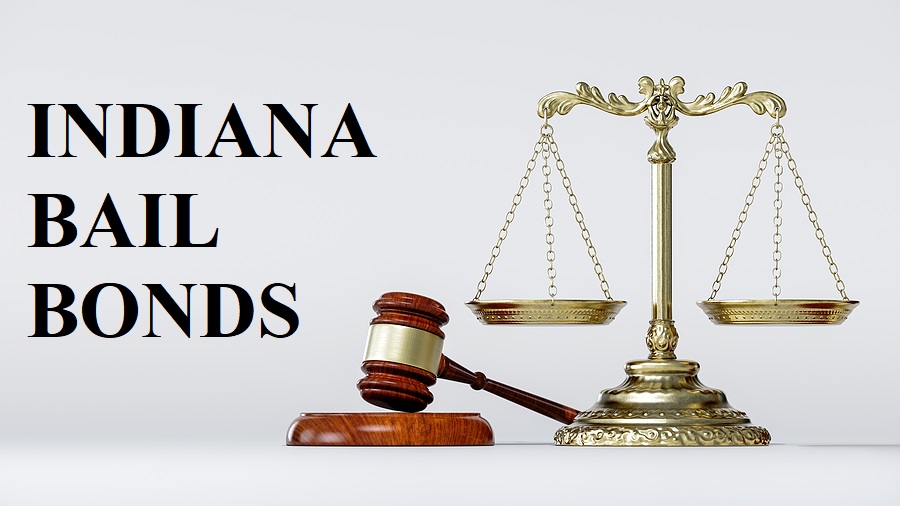In the labyrinth of the criminal justice system, bail bond companies play a pivotal role that is often underappreciated. These entities function as a crucial liaison between defendants and the court, providing a financial guarantee known as a bail bond. This assurance enables an accused individual to secure temporary freedom, pending trial.
This blog post navigates the intricate role of bail bond agent, shedding light on their operations, the mechanics of the surety bond, and their overarching influence on the criminal justice system.
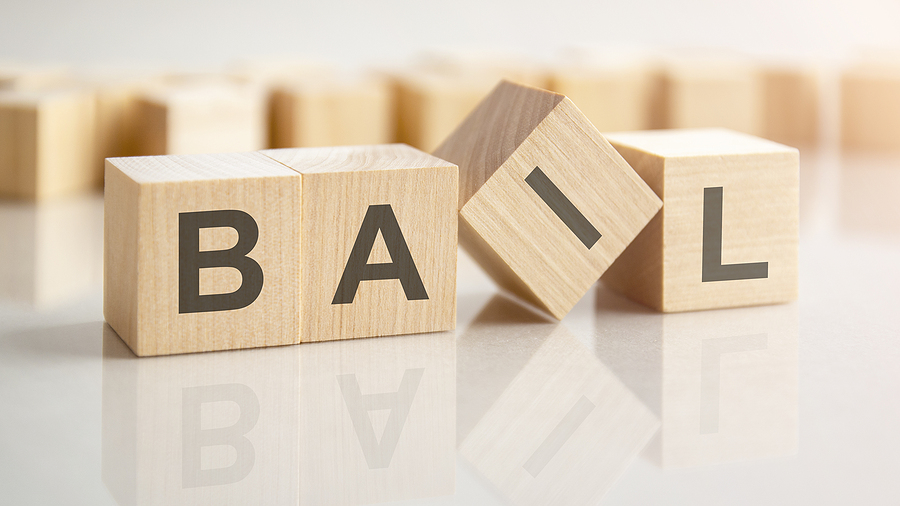
Bail Bond Companies: An Overview
Bail bond companies, also known as bail bond agencies or surety companies, serve as financial intermediaries between defendants and the court. These entities guarantee payment of a defendant’s bail amount in case they fail to appear for their court date. In exchange for this service, the bail bond company charges a non-refundable fee, typically 10% of the total bail amount. This fee covers the risk and costs associated with the surety bond.
The Role of a Bail Bondsman
Bail bondsmen play a crucial role in the criminal justice system, providing a means for defendants to secure their release from jail while awaiting trial. This allows them to continue with their daily lives and adequately prepare for their court proceedings. Without bail bond services, many individuals would remain incarcerated solely due to their inability to pay the full bail amount set by the court.
Moreover, bail bond agents also act as a form of insurance for the court. By guaranteeing the defendant’s appearance in court, they reduce the risk of flight and help ensure that justice is served. This allows courts to focus on other cases and reduces the burden on taxpayers who would otherwise bear the cost of housing and feeding incarcerated individuals.
The Mechanics of the Surety Bond
The main function of a bail bond company is to provide a surety bond, which is a legally binding agreement between the defendant, the court, and the bail bond company. Upon signing this agreement, the bail bond company becomes responsible for ensuring that the defendant appears in court as required. If they fail to do so, the bail bond agent may be liable for paying the full bail amount to the court.
To secure a surety bond, the defendant or their loved ones must provide collateral to the bail bond company. This can be in the form of cash, property, or assets with a value equal to or greater than the total bail amount. If the defendant fails to appear in court as required, the bail bond company may use this collateral to cover any costs incurred, including payment of the full bail amount.
The Influence of Bail Bond Services on the Criminal Justice System
While bail bond businesses serve an essential purpose in the criminal justice system, their influence has not been without controversy. Critics argue that they perpetuate inequality as those who cannot afford to pay for a surety bond are left incarcerated while wealthier individuals can secure their release. Additionally, some claim that bail bondsmen have a vested interest in keeping defendants entangled in the legal system to continue collecting fees.
On the other hand, proponents of bail bond agencies argue that they provide a vital service to defendants who would otherwise remain in jail until their trial. They also maintain that bail bonds help alleviate overcrowding in jails and reduce the financial burden on taxpayers. Ultimately, the role and influence of bail bond agencies continue to be debated and scrutinized as the criminal justice system evolves.
Final Thoughts
Bail bond companies play a crucial role in the criminal justice system, providing a means for defendants to secure their release from jail while awaiting trial. By guaranteeing payment of bail and ensuring that defendants appear in court, they serve as an important link between the accused and the legal system. While their influence may be subject to debate, there is no denying the significant impact that bail bond agents have on the functioning of the criminal justice system.
So next time you hear about a surety bond or a bail bondsman, remember their integral role in our justice system. Remember that without them, many individuals would remain incarcerated solely due to their financial situation. And most importantly, remember that they are just one piece of a much larger puzzle that is our criminal justice system. The more we understand and acknowledge the various players in this system, the better equipped we are to advocate for positive change.
Are you looking for more information on bail bonds? Do you need to bail a person out of jail or turn yourself in for an arrest warrant? We can help. Contact Woods Bail Bonds at 317-876-9600 for 24 hour bail bond services in Indianapolis, Indiana you can trust. We also offer prearranged bail bond service for arrest warrants and probation violations.
Related Posts:
Are Bail Bonds Expensive?
Indiana Arrest Warrants Explained: What You Need to Know
Understanding Bail Bonds: A lifeline in Troubled Times


